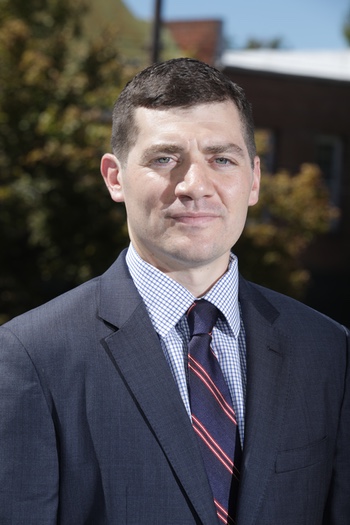Is the level of economic inequality in the United States a problem, and if so, what should the federal government do to address it?
Colvin: Economic inequality is an enormous problem and one of the great challenges of our time. That’s why Andy Harris’ tax bill was a terrible mistake for which our kids and grandkids will be paying (literally and figuratively) for a long time. The bill gave permanent tax cuts to big banks and major corporations and their shareholders (CNN estimated that workers got $6 billion, while shareholders were rewarded with $171 billion) and more incentive for them to send money and jobs overseas, while tossing a few peanuts to regular Americans (and limiting their ability to deduct state and local taxes). Now, Andy Harris will attempt to use the $1.9 trillion in deficits incurred by this bill to cut Medicare, Medicaid, and Social Security, which will only exacerbate inequality – the rich will retire thanks to their newly-raised dividends, while average Americans will struggle to pay medical bills and buy groceries. How does this make sense? And how is it sustainable? To address this issue, Congress must (1) remake the tax system so it works for regular Americans, (2) invest in things like traditional and digital infrastructure to create jobs that cannot be outsourced and improve our daily lives, (3) strengthen, not weaken, programs like Social Security, Medicare, Medicaid, and (4) invest in our children’s education, so each child (rich or poor) has the ability to reach her highest potential. By doing these things, and more, we can help to address inequality and make our national success more sustainable.
SHARE THIS ANSWER
